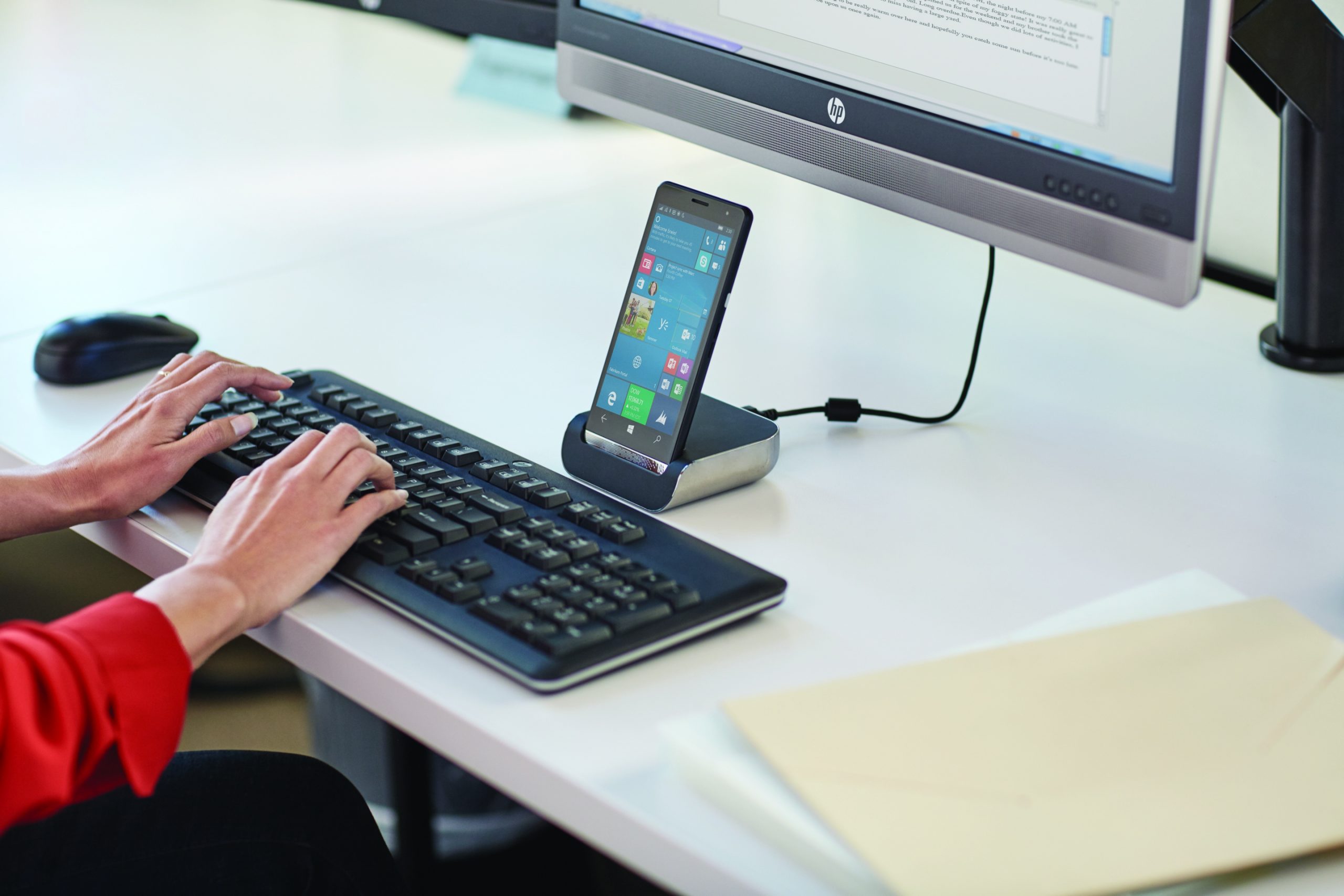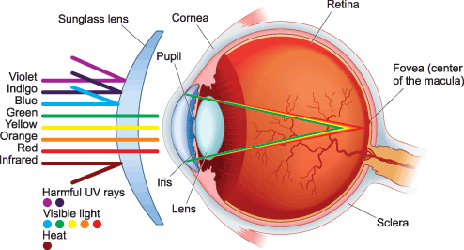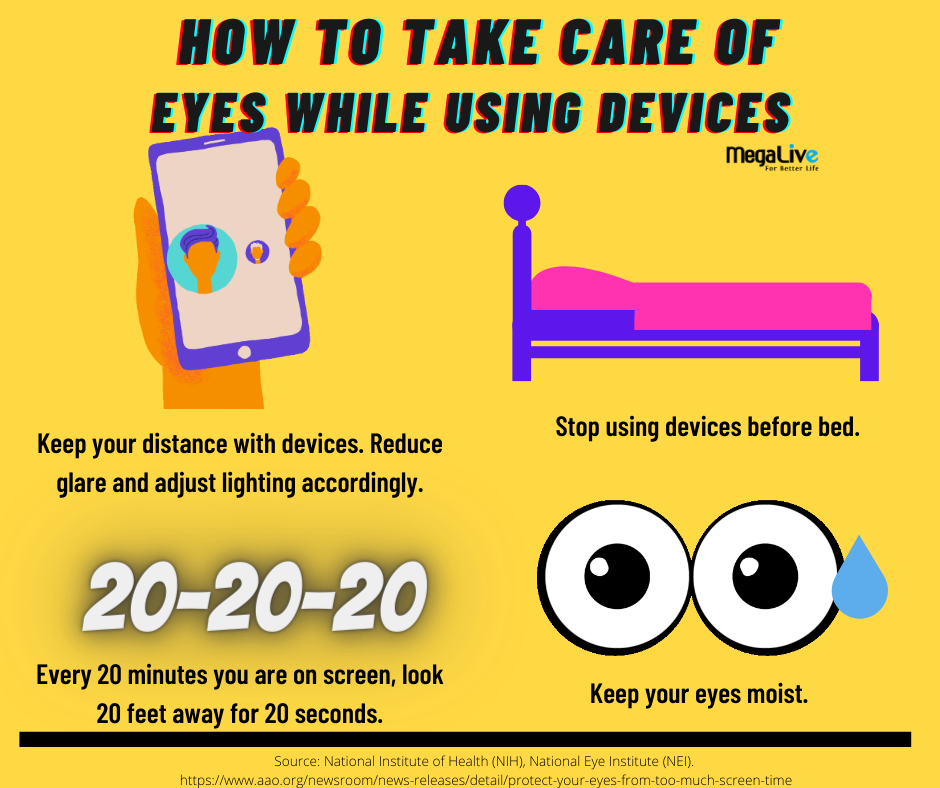Why screening is bad for eye health ?

In this fast-changing world that we are in today, people want things to be done quick and always ready! People use various kind of devices and gadgets to speed up process of doing work. Initially, computer was built not for the sake of email and doing work, but it is actually to calculate and tabulate census for United States of America population since the population has grown bigger, it was started with a machine sort of punch card machine in 1880, where due to this the government save about $5 million in order to tabulate the census. From that sort of punch card machine, Alan Turing then presents another universal machine which capable of computing anything that is computable, the central concept of modern computer today is based on his ideas. Few years later, in 1939 Hewlet – Packard is founded by David Packard and Bill Hewlett in California, until today the computer that we are using is evolve from time to time, to the small smartphone on our hands that is capable of doing so many thing just like the bulky desktop (1).

All these technologies make us even more connected to devices like smartphone to connect with other people or to get things done. From paying bills, to designing, networking, sales, work, presentation, you name it all must be done using laptop, computer, smart phone, and the devices. The fact is everyone everyday is looking at the screen for long time, when the recommended hour to look at the screen is only 2 hours per day (2).
Why screening is bad for eyes?
White light that we see from sun and electronic devices is a combination from red, orange, yellow, green, blue, indigo, and violet light. Each of these lights has different energy and wavelength. Rays on red have longer wavelength and less energy, while the blue rays have shorter wavelength and more energy. Light that looks white can have a large blue component, which can expose the eye to a higher amount of wavelength from the blue end spectrum (3).

Sun also have this blue light, but blue light exposure from screen is small compared to exposure from sun, thus why makes it bad for eyes. Furthermore, screen exposure has closer proximity to eyes and the time spent looking at screen is longer than at the sun (3,4).
Almost all visible blue light penetrates the eyes through cornea, lens and reaches the retina, due to this, it makes eyes prematurely aging.
Blue light from computer screens and digital devices can decrease contrast leading to digital eyestrain. Fatigue, dry eyes, bad lighting, or how you sit in front of the computer can cause eyestrain. Symptoms of eyestrain include sore or irritated eyes and difficulty focusing. Apart from that, studies also suggested that continued exposure to blue light over time could lead to damaged retina cells. This condition can cause problems like age-related macular degeneration (4).
Macular degeneration is the result of photoreceptor cell death in the retina. The function of the photoreceptor cells is to capture visual images and signal them to the brain using a molecule called retinal. Retinal, which is produced by the eye, is triggered by blue light and causes various chemical reactions. These reactions within the eye can be poisonous to the photoreceptor cell molecules rendering them damaged. When these photoreceptor cells die, there’s no regeneration (4).

What can we do?
With the current work requirements where most of work and stuff need to be accomplished through the usage of electronic devices thus screening is very much essential, makes it even harder to take care eyes from the screen. No! There are actually ways to take care of your eyes still, apart from consume food that is high with antioxidants and vitamins that can improve eyesight condition you may also try and practice the tips below (5)!





